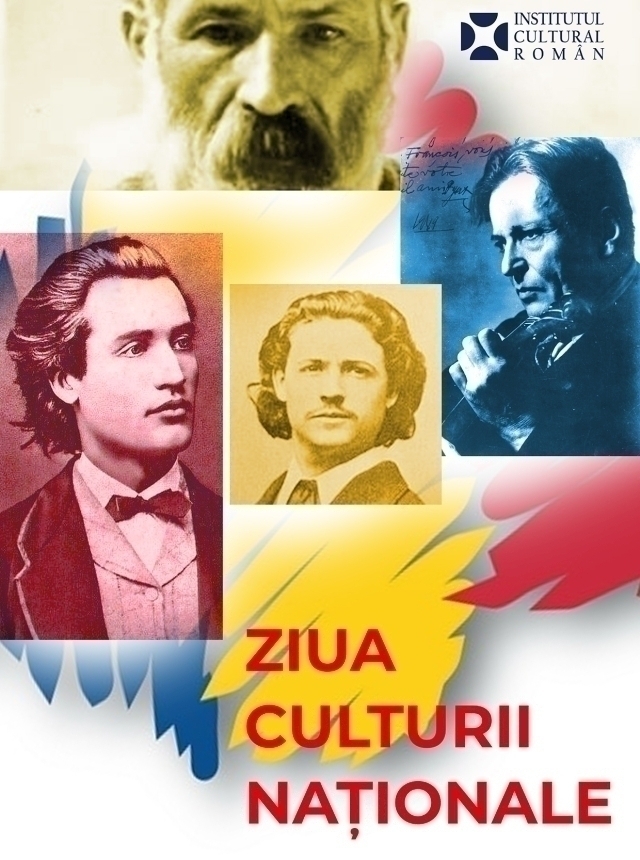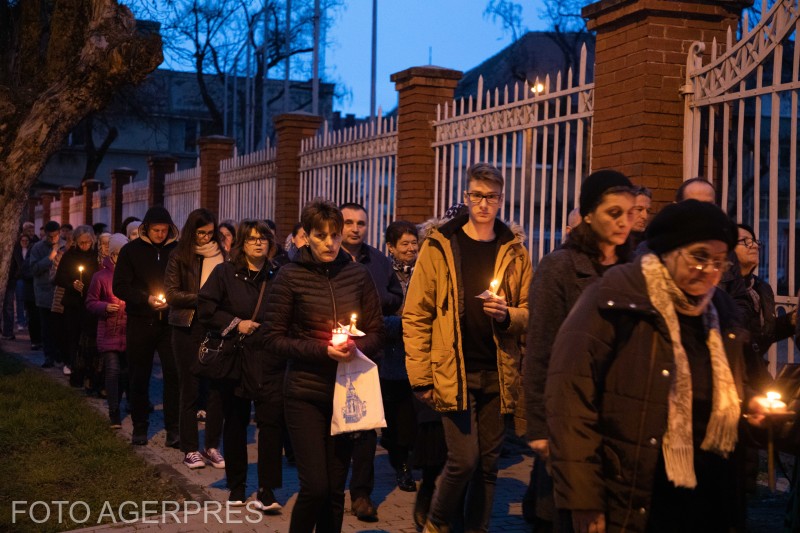National Culture Day
“A people without culture is a people easy to manipulate”, according to the German philosopher Immanuel Kant, whose influence can also be traced in the work of Romania’s national poet Mihai Eminescu. This year, on the 15th of January, we celebrate 168 years since Eminescu’s birth. A poet, prose writer, playwright and journalist, Eminescu is seen by posthumous literary criticism as the most important poetic voice in Romanian literature. “We have to be a cultural state at the mouths of the Danube; this should be the only mission of the Romanian state and whoever tries to waste our strengths in other pursuits will threaten the future of our descendents and tramples on the fruits of our forefathers’ work”, Mihai Eminescu wrote.

Leyla Cheamil, 15.01.2018, 13:26
“A people without culture is a people easy to manipulate”, according to the German philosopher Immanuel Kant, whose influence can also be traced in the work of Romania’s national poet Mihai Eminescu. This year, on the 15th of January, we celebrate 168 years since Eminescu’s birth. A poet, prose writer, playwright and journalist, Eminescu is seen by posthumous literary criticism as the most important poetic voice in Romanian literature. “We have to be a cultural state at the mouths of the Danube; this should be the only mission of the Romanian state and whoever tries to waste our strengths in other pursuits will threaten the future of our descendents and tramples on the fruits of our forefathers’ work”, Mihai Eminescu wrote.
Eight years ago, his birth date was declared National Culture Day at the initiative of the Romanian Academy, the proposal belonging to the former president of the Academy, Eugen Simion: “They will ask themselves the same question I ask myself: why doesn’t our political class do anything about culture? Why don’t we have a national cultural project? This is a very grave matter. They don’t realise that the identity of a people is expressed through culture and that a people continues to depend on culture throughout its history. Faced with globalisation, if we lose our culture we lose ourselves as a nation and in the end we disappear from the map of history, so this is why I have proposed that this day is celebrated on the day Eminescu was born, because Romanians regard him as their representative poet, the symbol, the myth of their existence. Eminescu is hugely indebted to German culture and Romanian culture has two points of reference: French and German.”
Performances, conferences, book launches and exhibitions are all part of the programme of events held in Romania and abroad. The programme is coordinated by the Romanian Cultural Institute, whose mission is to export Romanian culture in all its forms, as its vice-president Mirel Talos explains: “For example, the Romanian Cultural Institute in London holds an event called Imago Mundi 100 consisting in a concert that gives a contemporary twist to old Romanian music, both classical music and traditional folk music from all historical regions. The Romanian Cultural Institute in Rome organises an event entitled 100 Years of Romanian Music held at the ‘Santa Cecilia’ Music Conservatory, which forms part of the Centenary programme. In Lisbon, the Romanian Cultural Institute holds an event featuring a contemporary Romanian personality, the actor Ion Caramitru, who gives a recital of poems by Eminescu, an event that is also held in Berlin.”
Cultural events have also been organised by the Romanian communities abroad. This year, Romania celebrates 100 years since the Great Union of 1918, with national identity and union playing an important role in Mihai Eminescu’s journalistic work. (Translated by C. Mateescu, edited by D. Vijeu)






























